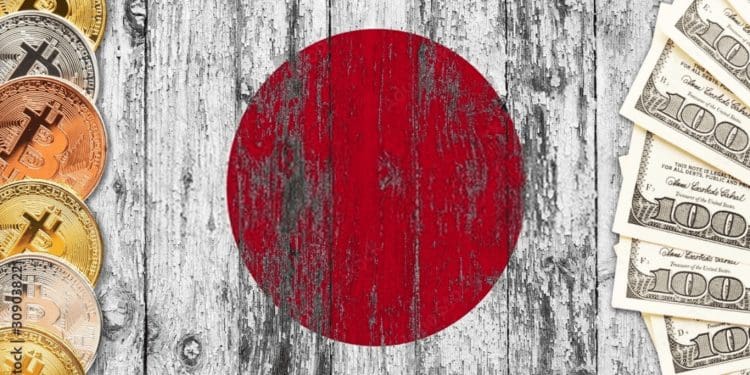- The recent law passed by Japan’s National Tax Agency exempts cryptocurrency companies from paying taxes on unrealized gains.
- The nation has also fortified Anti-Money Laundering protocols to better align with global cryptocurrency standards.
- Japan’s firm regulations have resulted in the ban of non-banking institutions from issuing stablecoins, leaving this responsibility to licensed banks, registered money transfer agents, and trust companies.
The tax sector in Japan has been revolutionized as the National Tax Agency gives the nod to a landmark change in the cryptocurrency tax system. In effect from June 20, the alteration allows companies dealing with token issuance to relish tax exemptions on unrealized gains, setting a new course for the nation’s digital asset sector.
Only a handful of seasons back, the Japanese government issued a commandment to eliminate the requirement for crypto entities to pay taxes on speculative profits stemming from the tokens they developed and held onto. This significant turning point was revealed six months subsequent to its approval, in the wake of numerous intense discussions surrounding its potential fallout.
The pivotal change was set in motion in the month of August the preceding year, as lawmaking bodies of the country commenced a close inspection of the existing cryptocurrency tax rules. This was part of a broader drive to reform the tax system on the horizon for 2023. With the new adaptations, token-issuing firms escape the common 30% corporate tax on their assets, which was previously applicable even to unrealized profits. The ruling Liberal Democratic Party of Japan anticipates that this tax exemption will simplify business procedures that involve token issuance.
Recent times have witnessed an impressive metamorphosis within Japan’s cryptocurrency sector. From June onwards, the country has bolstered its Anti-Money Laundering (AML) regulations to align better with the global norms for cryptocurrencies. This amendment to the AML legislation arrived in December after the Financial Action Task Force (FATF) found the existing rules lacking.
The last year also saw Japan implement laws that prevent non-banking institutions from issuing stablecoins, emphasizing that this task should solely rest with licensed banks, registered money transfer agents, and trust companies.
Japan has been at the forefront of embracing cryptocurrencies as private assets and imposes some of the tightest crypto regulations globally. A case in point is the swift restitution of assets to FTX users in Japan after a worldwide system failure in the exchange, demonstrating a glaring difference to the prolonged wait experienced by users in countries with less clear-cut laws.
Japan Tweaks Cryptocurrency Policies in 2023
In 2023, Japan’s government has made some intriguing shifts in its stance towards cryptocurrency. Despite not acknowledging it as official legal tender, it has taken cognizance of its buying power. The government is taking strides to safeguard cryptocurrency users by enforcing regulations such as mandating registration of exchanges with the Financial Services Agency (FSA) and adherence to conventional anti-money laundering norms.
Remarkably, token-issuing entities in Japan are exempted from the standard 30% tax on unrealized cryptocurrency gains. This move reflects Japan’s intent to reassert its position in the competitive global hierarchy of the cryptocurrency world.














